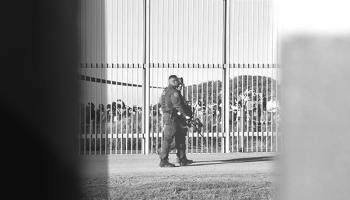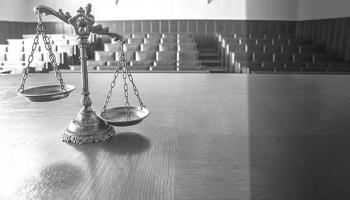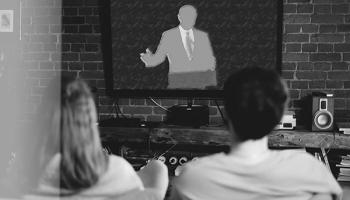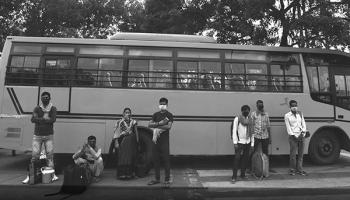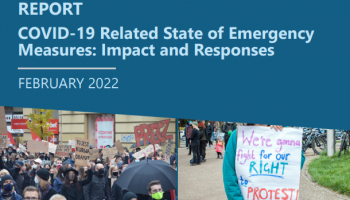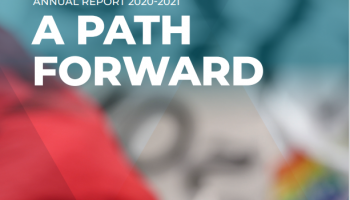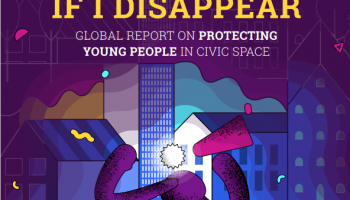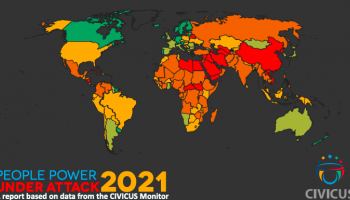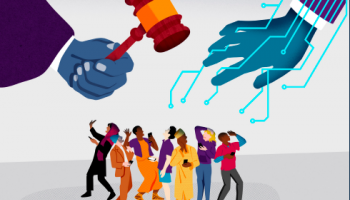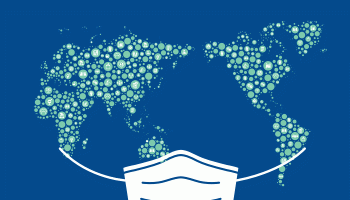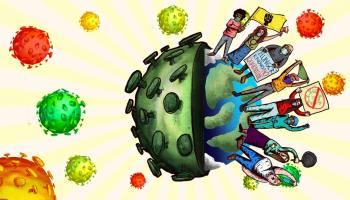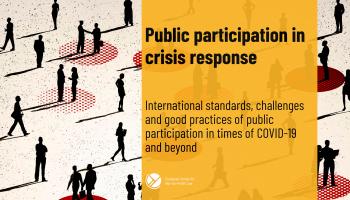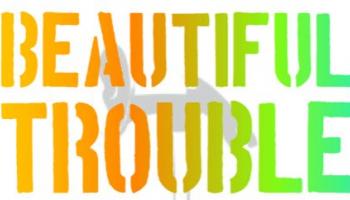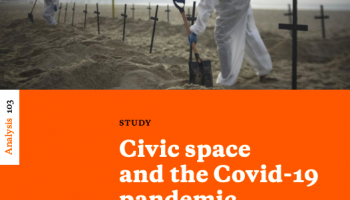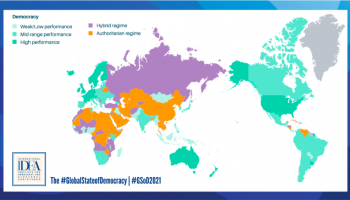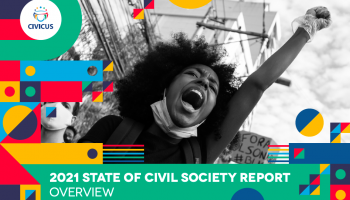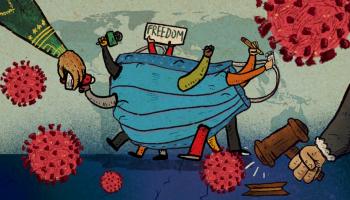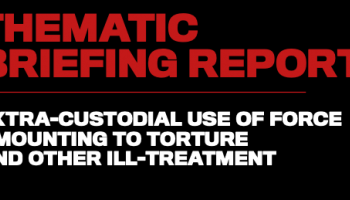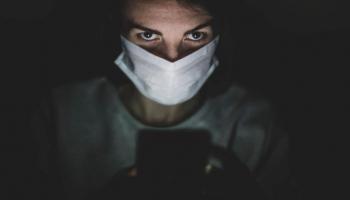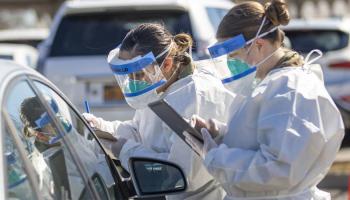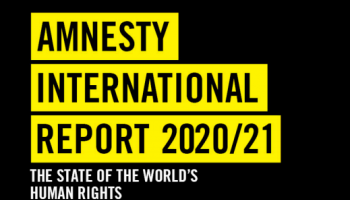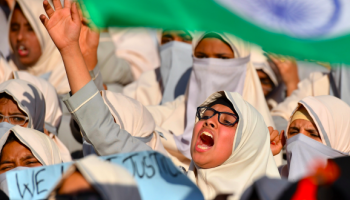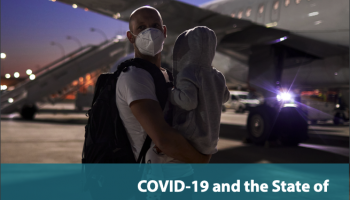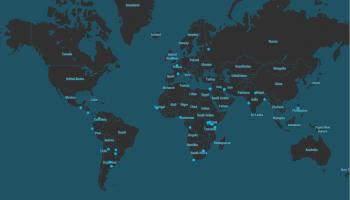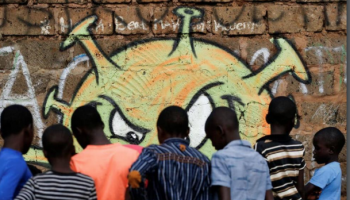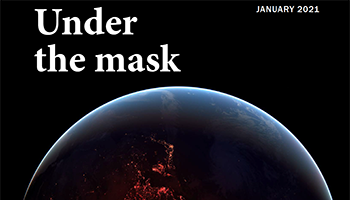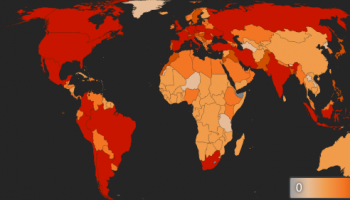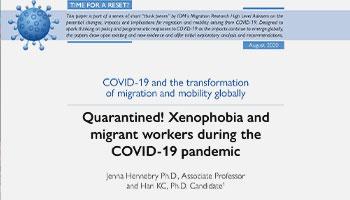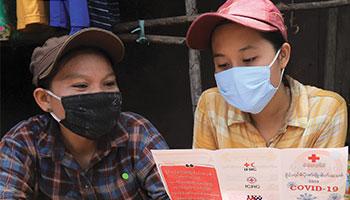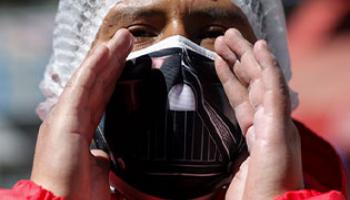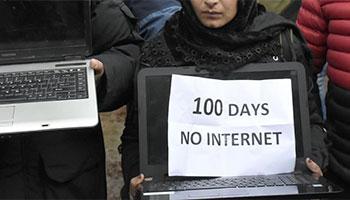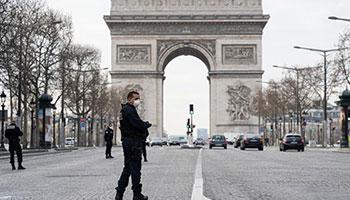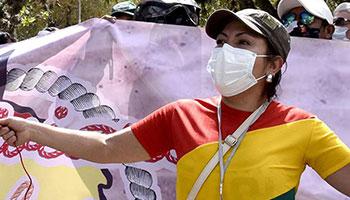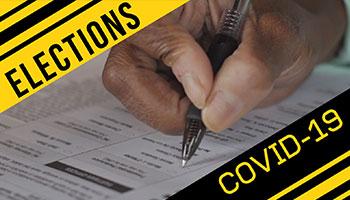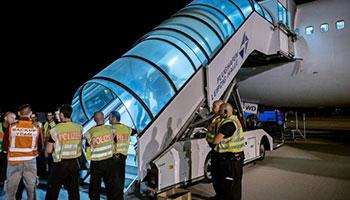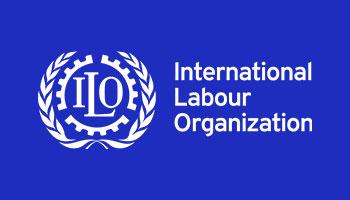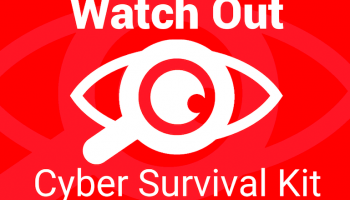AFSC was founded in the United States in 1917 during World War I to give young conscientious objectors ways to serve without joining the military or taking lives. They drove ambulances, ministered to the wounded, and stayed on in Europe after the armistice to rebuild war-ravaged communities. While AFSC does not have active programs in Europe today, we stay connected through our Quaker and peacebuilding partners, including:
- The Quaker Council for European Affairs (QCEA), in Brussels, brings a vision based on the Quaker commitment to peace, justice, and equality to Europe and its institutions. QCEA advocates for nonviolent security policies and migration policies that respect the intrinsic equality of all people everywhere.
- Quaker Peace & Social Witness (QPSW) in London works long term to tackle the root causes of violence, and to build a more just and peaceful world. As part of Quakers in Britain, QPSW supports Quakers in taking action, and works on their behalf to build sustained peace and social justice.
- The Quaker United Nations Office (QUNO) in Geneva, works on peace and disarmament, human impacts of climate change, human rights and refugees, and sustainable and just economic systems.
Civic space during the pandemic
Across Europe, CIVICUS has reported obstructions to civic space in many countries, relating to restrictions on freedom of speech, peaceful expression, and assembly; passing of restrictive NGO laws; a crackdown on media; and abusive policing practices.
For example, in Belarus, riot police and law enforcement agencies brutally curtailed protests, as more than 7,000 peaceful protesters were arrested and hundreds were injured due to flash grenades, rubber bullets, and even live ammunition against peaceful protesters by authorities. Journalists and media outlets have been targeted, and protesters and human rights campaigners have been subject to smear campaigns. In December 2020 in Hungary, a draft amendment was proposed to reinforce institutionalized homophobia and transphobia. It is no coincidence this has been proposed when physical, public gatherings and demonstrations are prohibited. In Russia, restrictions during the pandemic are concerning when it comes to the freedom of peaceful assembly–people have been allowed into football stadiums, cinemas, and the metro system while bans were in effect for rallies and protests.
For more information, read CIVICUS Monitor’s comprehensive report.
COVID REPORT
One year into the COVID-19 pandemic, restrictions on civil space are increasing. Recognizing the need to protect public health, our report looks at nine kinds of restrictions that could limit civil space for the long term and how civil society can respond.
